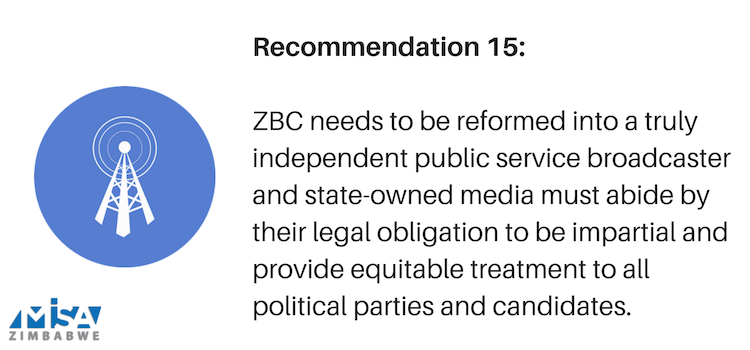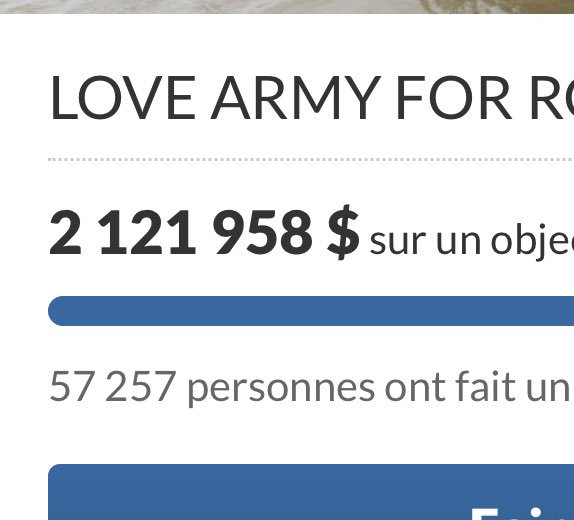Opioids in healthcare
Sugar in food
Social media attention in technology
The challenge with regulation is that, by raising the cost of doing business, it keeps new businesses out of the market and solidifies the established addictive businesses
Twitter may remove this content at anytime, convert it as a PDF, save and print for later use!

1) Follow Thread Reader App on Twitter so you can easily mention us!
2) Go to a Twitter thread (series of Tweets by the same owner) and mention us with a keyword "unroll"
@threadreaderapp unroll
You can practice here first or read more on our help page!







